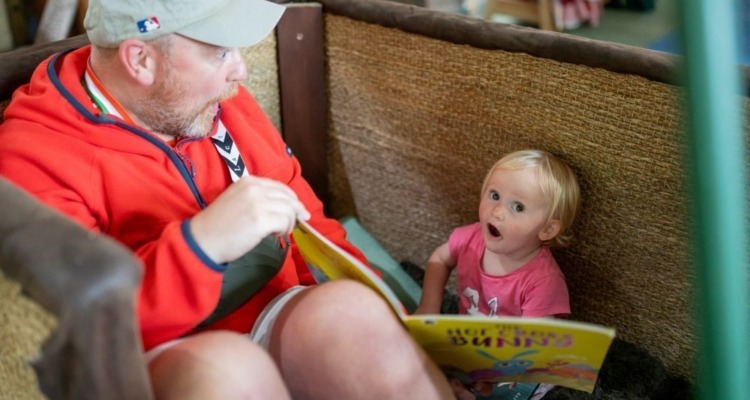Professor Philip Davis – Poetry Not Prozac: Depression and the Reading Revolution
The Centre for Research into Reading, Information and Linguistic Systems at the University of Liverpool marked World Mental Health Day last week with a public lecture entitled 'Poetry Not Prozac: Depression and the Reading Revolution'.
Here, Professor Philip Davis discusses the research carried out by CRILS into how literature can aid wellbeing:
How can reading and poetry help mental health?
Literature covers all things human the emotional, the private, the unadmitted. That means it covers the whole range of mental health and well-being and does not distinguish between so-called 'normal' people and so-called 'cases' of mental difficulty. We are all in the same human boat, staying afloat, going on. This means literature is not like a therapeutic self-help book: it is not treating people as a bunch of symptoms, offering a seven-step programme, a special language-agenda and so on. The Reader Organisation's read-aloud Get Into Reading groups (where the literature is read aloud as a real presence in the room and then discussed) offer a social community, shared human experience in a safe setting, which also involves personal feelings and thoughts. That is what does good to mental health in the widest sense for all of us: not by shying away from serious things but by offering a language in which to think of them without loneliness or gloom.
"Who would have thought my shrivell'd heart
Could have recovered greenness? It was gone
Quite under ground...”
wrote the seventeenth-poet George Herbert. But the heart can recover, and literature offers heart.
Is there any evidence that poetry can actually beat depression?
Yes increasingly, though perhaps it is not to do with beating depression so much as letting people see they can use and speak out of their experience - including the pain and sadness. CRILS - my research unit into reading - is beginning to establish solid research into benefits, in partnership with Mersey Care NHS Trust. We use both qualitative and quantitative measures that is to say, life stories and transcripts from the reading groups to show what really happens; responses by group members in interviews and questionnaires; standard measurements of mental health and wellbeing. But to make the case more thoroughly we are applying for grant to compare three groups in large numbers: those to whom nothing extra is offered at first; those who read newspapers together; and those who read literature together.
We need to show by such research that the reading of literature (in contrast with the other two) leads to real benefits in terms of people's experience, reduction in time spent in doctors' surgeries etc. this research is important because we do not want people to dismiss poetry and novels as merely soft options, posh arty things: we need hard evidence and are gathering it.
Should people try poetry first rather than reaching for prescription medicines?
No. Depression is a serious matter and people should first take good advice, including professional guidance from a GP. Whatever helps is good - and not just pills. Often it is a balance of different things that helps which may include medication or counselling. But reading together is one thing amongst the many that we believe can help bring people back to life.
It is not a cure or a pill or a therapy but it is a form of human help, of sympathetic human solidarity both with other readers and with the people in the poems and the novels.
Read more research and evaluation of Get Into Reading on the research pages of our website.
Share
Related Articles

We cannot just tell parents to read more. To truly improve children’s futures through reading, we need to properly support the adults around them to do so.
Responding to the Department of Education's announcement that 2026 will be a Year of Reading, The Reader's Managing Director Jemma…

Storybarn Book of the Month: Saving the Butterfly
This month, as part of Refugee Week (16-22 June), we've been taking a look back at one of our favourites…

Shared Reading in Wirral Libraries: ‘As a kid people read stories to you but as an adult you lose that – and it’s a fantastic thing to do!’
Two Strategic Librarians for Wirral Libraries, Kathleen McKean and Diane Mitchell have been working in partnership with the UK’s largest…


